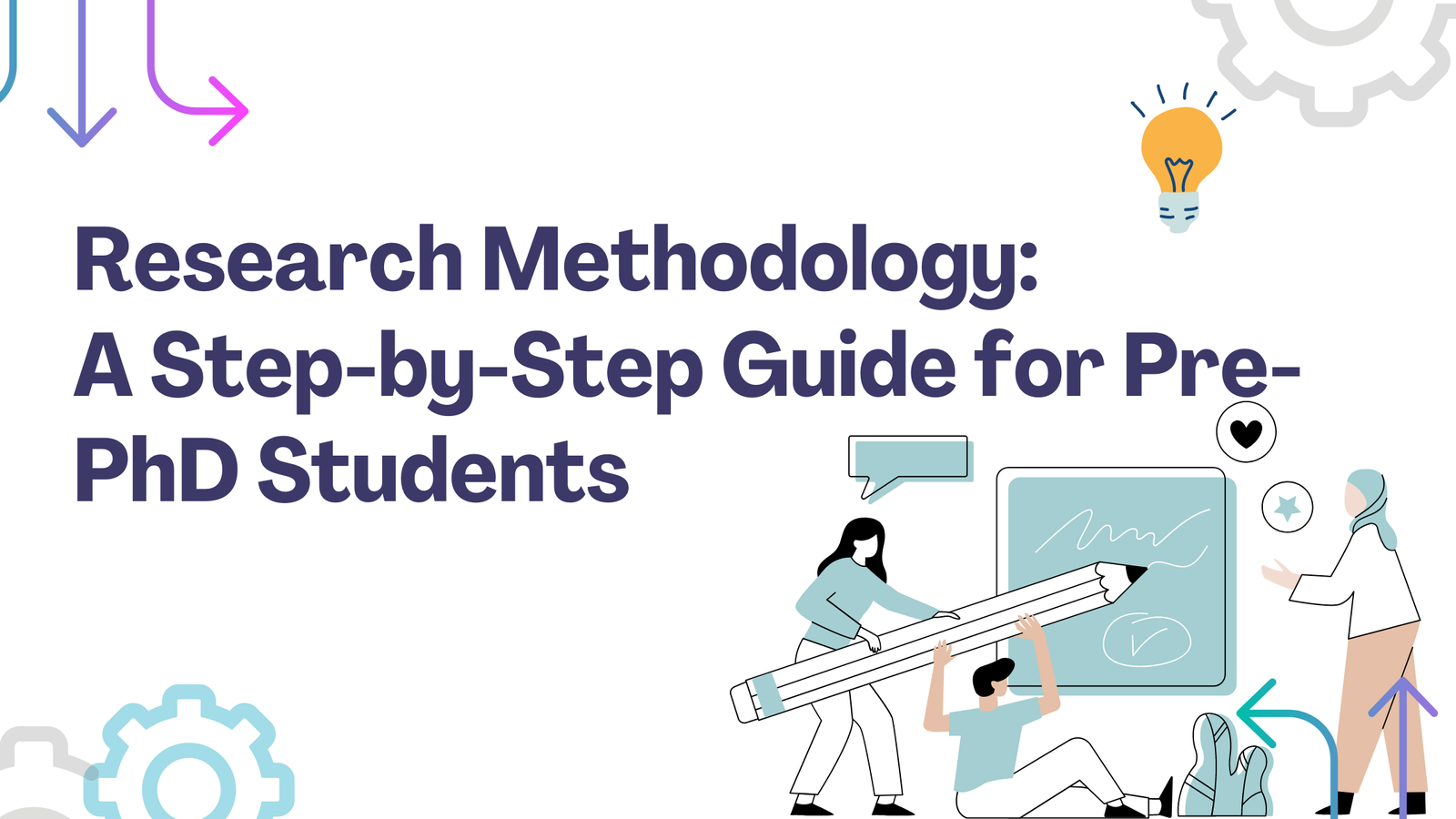Writing a research proposal in APA (American Psychological Association) style involves adhering to specific formatting guidelines and organizational structure. Here is a step-by-step guide on how to write an APA-style research proposal:
1. Title Page
- Title: Centered, bold, and in title case (e.g., "The Impact of TikTok / Instagram on Adolescent Mental Health").
- Author's Name: Centered below the title.
- Institutional Affiliation: Centered below the author's name.
- Running Head: A shortened version of the title (up to 50 characters) in the header, flush left, in uppercase letters.
- Page Number: Flush right in the header.
2. Abstract
- Heading: Centered and bold ("Abstract").
- Content: A concise summary (150-250 words) of the research proposal, including the research problem, objectives, methods, and potential implications.
3. Introduction
- Heading: Centered and bold ("Introduction").
- Content:
- Background information and context.
- Statement of the research problem.
- Research questions or hypotheses.
- Significance and rationale of the study.
4. Literature Review
- Heading: Centered and bold ("Literature Review").
- Content:
- Summary and critical analysis of existing research.
- Identification of gaps in the literature.
- Justification for your proposed study based on the identified gaps.
5. Theoretical Framework
- Heading: Centered and bold ("Theoretical Framework").
- Content:
- Description of the theories or models guiding your research.
- Explanation of how these theories relate to your research questions.
6. Research Questions/Hypotheses
- Heading: Centered and bold ("Research Questions" or "Hypotheses").
- Content: Clearly state your research questions or hypotheses.
7. Methodology
- Heading: Centered and bold ("Methodology").
- Subheadings: Use subheadings for clarity (e.g., "Research Design," "Participants," "Materials," "Procedure," "Data Analysis").
- Content:
- Research Design: Describe the overall approach (e.g., experimental, correlational, qualitative).
- Participants: Detail the characteristics and selection criteria of participants.
- Materials: List the instruments and tools used for data collection.
- Procedure: Outline the step-by-step process of conducting the research.
- Data Analysis: Describe the techniques and software used for analyzing the data.
8. Ethical Considerations
- Heading: Centered and bold ("Ethical Considerations").
- Content: Discuss how you will address ethical issues, such as informed consent and confidentiality.
9. Expected Results
- Heading: Centered and bold ("Expected Results").
- Content: Describe the anticipated outcomes and their potential implications.
10. Discussion
- Heading: Centered and bold ("Discussion").
- Content: Interpret the expected results. Discuss the potential impact of your findings on the field. Identify limitations of your study.
11. Timeline
- Heading: Centered and bold ("Timeline").
- Content: Provide a detailed timeline of your research activities and milestones.
12. Budget
- Outline the estimated costs and provide a detailed budget breakdown.
13. References
- List all sources cited in your proposal. - Follow APA formatting for citations (e.g., author(s), year, title, source).
14. Appendices (if applicable)
- Heading: Centered and bold ("Appendices").
- Content: Include any supplementary materials, such as survey instruments, interview guides, or detailed tables.
Formatting Guidelines:
- Font: Use a readable font like Times New Roman, 12-point size.
- Spacing: Double-space the entire document.
- Margins: Use 1-inch margins on all sides.
- Indentation: Indent the first line of each paragraph by 0.5 inches.
- Headings: Follow APA style for headings (e.g., Level 1: Centered, Bold; Level 2: Left-aligned, Bold).
Final Tips:
- Clarity and Precision: Write clearly and concisely, avoiding jargon.
- Proofreading: Carefully proofread your proposal for grammatical and typographical errors.
- Consistency: Ensure consistency in formatting and citation style throughout the document.
By adhering to these guidelines, you will be able to write a well-structured and APA-compliant research proposal that effectively communicates your research plan to the admissions committee.



